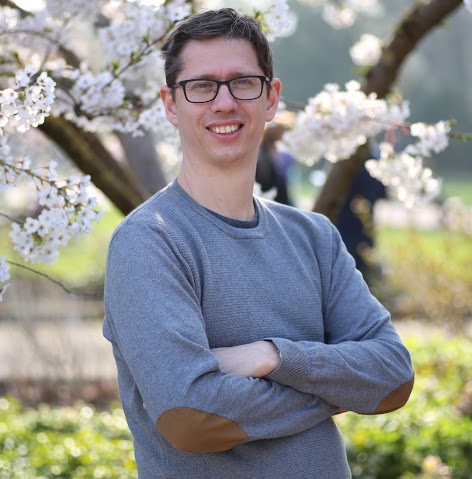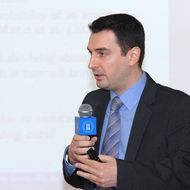- A
- A
- A
- АБB
- АБB
- АБB
- А
- А
- А
- А
- А
- Национальный исследовательский университет «Высшая школа экономики»
- Факультет экономических наук
- Департамент теоретической экономики
- Новости
- Публикация Эрена Арбатли в Econometrica
-
Департамент
- О департаменте
- Сотрудники
- Лучшие преподаватели
- Аспиранты
- Учебные курсы
- Конкурс ППС
- Планирование учебной нагрузки
- Наука в департаменте
109028, Москва,
Покровский бульвар 11, Администрация департамента: офисы S1029, S1030; тел: +7(495) 772-95-90 *27172, 27173, 27174
PhD, Университет Штата Пенсильвания
Департамент теоретической экономики объединяет высококвалифицированных специалистов в различных областях экономической теории, включая микро и макроэкономику, теорию денег и финансов, экономическую историю и историю экономических учений. Наша миссия — обеспечение преподавания экономических дисциплин в НИУ ВШЭ на уровне ведущих западных университетов с учетом специфики профилей подготовки студентов.
 Как богатые страны стали богатыми, и почему бедные страны остаются бедными. 11-е изд.
Как богатые страны стали богатыми, и почему бедные страны остаются бедными. 11-е изд.
Райнерт Э. С.
М.: Издательский дом НИУ ВШЭ, 2025.
В печати
Journal of Economic Studies. 2025.
Бондаренко К. А., Стародубцева М. Ф., Куприянов А. и др.
В кн.: Макроэкономика. Практикум странового анализа. М.: НИЦ Инфра-М, 2025. Гл. 2. С. 105-195.
Аналитические записки. 1. Банк России, 2024. № 10.

Публикация Эрена Арбатли в Econometrica

Аннотация статьи:
In this paper we advance the hypothesis and establish empirically that interpersonal population diversity, rather than fractionalization or polarization across ethnic groups, has been pivotal to the emergence, prevalence, recurrence, and severity of intrasocietal conflicts. Exploiting an exogenous source of variations in population diversity across nations and ethnic groups, as determined predominantly during the exodus of humans from Africa tens of thousands of years ago, we demonstrate that population diversity, and its impact on the degree of diversity within ethnic groups, has contributed significantly to the risk and intensity of historical and contemporary civil conflicts. Our findings arguably reflect the contribution of population diversity to the non‐cohesiveness of society, as reflected partly in the prevalence of mistrust, the divergence in preferences for public goods and redistributive policies, and the degree of fractionalization and polarization across ethnic, linguistic, and religious groups.
Арбатли Джемаль Эрен
Департамент теоретической экономики: Доцент
- О ВЫШКЕ
- Цифры и факты
- Руководство и структура
- Устойчивое развитие в НИУ ВШЭ
- Преподаватели и сотрудники
- Корпуса и общежития
- Закупки
- Обращения граждан в НИУ ВШЭ
- Фонд целевого капитала
- Противодействие коррупции
- Сведения о доходах, расходах, об имуществе и обязательствах имущественного характера
- Сведения об образовательной организации
- Людям с ограниченными возможностями здоровья
- Единая платежная страница
- Работа в Вышке
- ОБРАЗОВАНИЕ
- Лицей
- Довузовская подготовка
- Олимпиады
- Прием в бакалавриат
- Вышка+
- Прием в магистратуру
- Аспирантура
- Дополнительное образование
- Центр развития карьеры
- Бизнес-инкубатор ВШЭ
- Образовательные партнерства
-
http://www.minobrnauki.gov.ru/
Министерство науки и высшего образования РФ
-
https://edu.gov.ru/
Министерство просвещения РФ
-
http://www.edu.ru
Федеральный портал «Российское образование»
-
https://elearning.hse.ru/mooc
Массовые открытые онлайн-курсы
- © НИУ ВШЭ 1993–2025 Адреса и контакты Условия использования материалов Политика конфиденциальности Карта сайта
- Редактору




